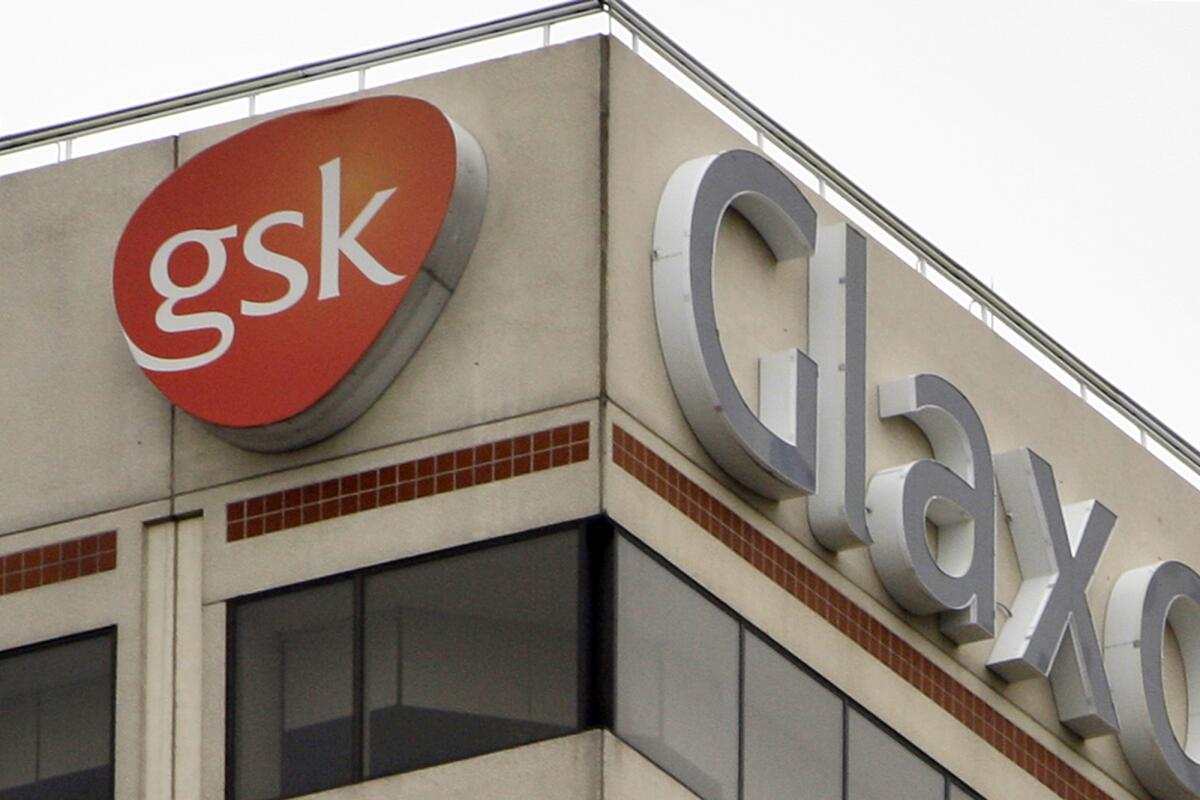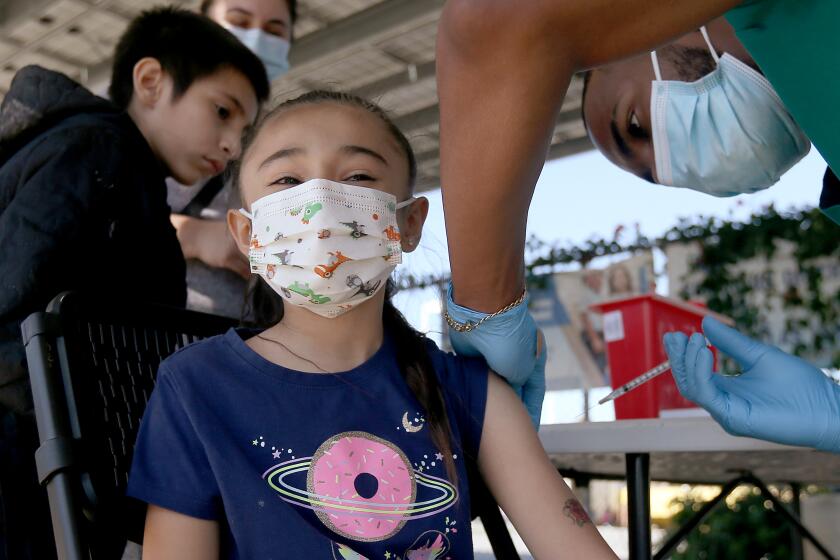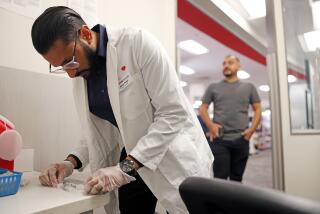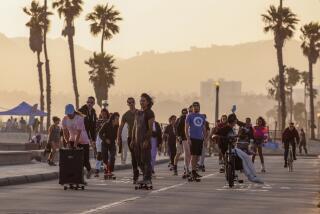U.S. pulls GlaxoSmithKline’s COVID-19 drug as BA.2 Omicron dominates new cases

WASHINGTON — GlaxoSmithKline’s intravenous drug for COVID-19 should no longer be used because it is likely ineffective against the Omicron subvariant that now accounts for most U.S. coronavirus cases, federal health regulators said.
The Food and Drug Administration announced Tuesday that the company’s antibody drug sotrovimab is no longer authorized for patient treatment in any U.S. state or territory. The decision was expected, because the FDA had repeatedly restricted the drug’s use in the northeastern U.S. and other regions as the BA.2 version of Omicron became dominant.
The Centers for Disease Control and Prevention said Tuesday that BA.2 now accounts for 72% of the COVID-19 cases sequenced by health authorities. Some experts have warned of a BA.2-driven surge similar to those that have hit European countries, though U.S. case counts have yet to rise.
The drug from GSK and co-developer Vir Biotechnology is the latest antibody medication to be sidelined by the mutating coronavirus, which previously rendered drugs from Eli Lilly and Regeneron obsolete. The FDA pulled authorization of those drugs in January after concluding that they were ineffective against the original Omicron variant.
The decision leaves doctors and hospitals with only one antibody treatment still authorized for use against routine COVID-19 cases: a different Eli Lilly drug that regulators say appears to be effective against BA.2.
Doctors can also prescribe antiviral pills that haven’t been affected by Omicron’s mutations, which mainly target the virus’ signature spike protein. The pills from Pfizer and Merck mostly have been shipped to pharmacy chains and medical clinics in hopes of getting them to patients early enough in their illness to work.
The increases are modest, and it’s unclear whether this a brief hiccup, the beginning of a larger wave of cases or something in between.
The federal government purchased nearly $2 billion worth of GSK’s drug, shipping more than 900,000 doses to U.S. states since last fall.
London-based GSK said last month it was studying a higher dose of the antibody for use against BA.2. But the FDA would need to review and authorize the company’s request before giving the OK to resume the drug’s use in the U.S.
The antibody drugs are laboratory-made versions of virus-blocking proteins found in the human body. Each antibody is formulated to attack a specific invader — such as a virus or bacteria — but the medications need to be reformulated as the coronavirus repeatedly mutates.
The drugs are prescribed for early use in people with a recent COVID-19 infection who face increased risk of severe disease or death, including seniors or people with diabetes, heart disease and other common health problems.
More to Read
Sign up for Essential California
The most important California stories and recommendations in your inbox every morning.
You may occasionally receive promotional content from the Los Angeles Times.











